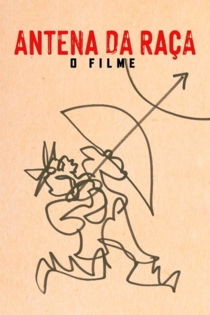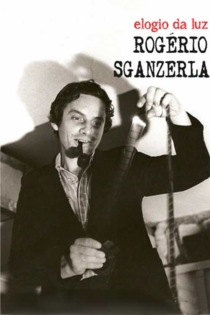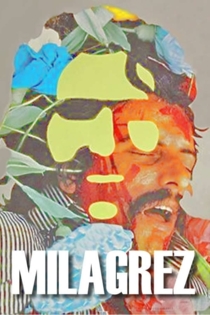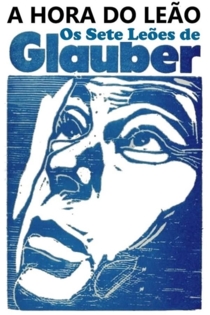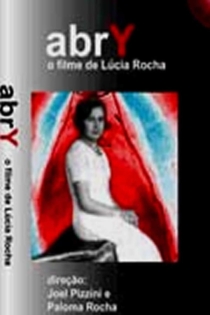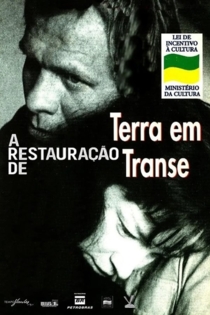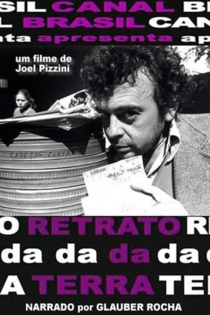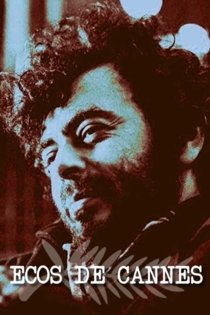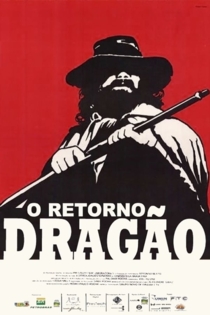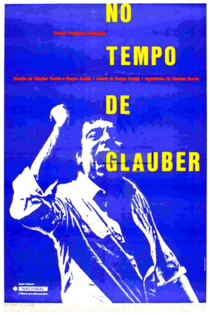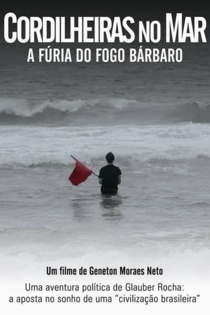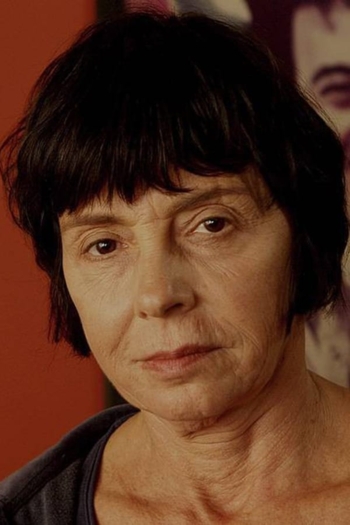
Paloma Rocha
1960 (65 лет)Depois do Transe
Paloma Rocha, Joel Pizzini
Glauber Rocha, Paulo Autran
The documentary "Depois do Transe" covers the entire process of creating the masterpiece "Entranced Earth", which was released and awarded at the Cannes Film Festival in 1967. "Entranced Earth" charmed the world and won great admirers such as filmmaker Martim Scorsese and the writer Marguerite Duras, who at the time considered a "fabulous filmic opera."
Depois do Transe
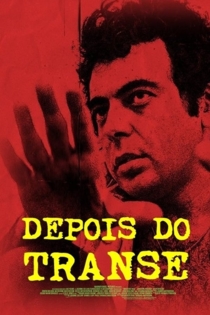
Tentehar: Arquitetura do Sensível
Luís Abramo, Paloma Rocha
We came across traditional rituals of a mixed race of indigenous, black and white people, with their mystic practices, their shamans and healers that express a reality and a way of life that doesn’t belong to any kind of paradigm. This problem is extremely relevant in the current political situation of Brazil in face of the repeated environmental and social catastrophes that are being inflicted upon us.These people have a way of acting which favours a sustainable development, their knowledge should be respected.The world is divided in two categories, independent of any ideology:the rich world and the poor world.We related the religious rituals, the artistic and the mystic trances in a Brazil where poverty and hunger are invisible to a large part of the society. A country of people that has invisible myths and such a rich diversity is being transformed into a unison and melancholic chant. The Guardians Forest whose leader was murdered last Dec, tells us what motivates their fight.
Tentehar: Sensitive Architecture
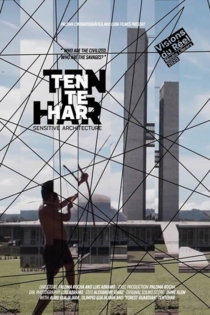
Candango: Memórias do Festival
Lino Meireles
Carlos Diegues, Milton Gonçalves
In 1965, a year after the military coup in Brazil, an oasis of freedom opened in the country's capital. The Brasília Film Festival: a landmark of cultural and political resistance. Its story is that of Brazilian cinema itself.
Candango: Memoirs from a Festival
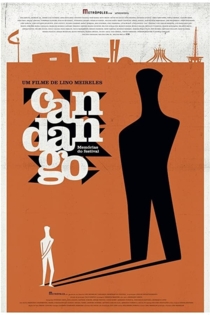
A Idade da Terra
Glauber Rocha
Antônio Pitanga, Tarcísio Meira
Drawing inspiration from a poem penned by Castro Alves, this film vividly captures the political, cultural, and intellectual climate of Brazil during the late 1970s. At its core, the story revolves around four distinctive embodiments of Christ's image: a black man, a soldier, an Indian, and a guerrilla fighter. These courageous individuals, hailed as the harbingers of doom in the tupiniquim lands, valiantly combat the insatiable avarice and oppressive "civilizing" brutality propagated by the formidable John Brahms—a foreign exploiter devoid of morals.
The Age of the Earth
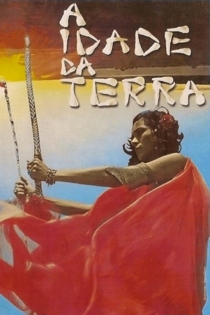
Antena da Raça
Luís Abramo, Paloma Rocha
Glauber Rocha, Paloma Rocha
In 1979, while Brazil was going through the troubled moment of the Amnesty Law, Glauber Rocha directed the program Abertura for TV Tupi, in which he interrogated a contradictory and boiling Brazil head-on, full of utopias but always under the weight of secular wounds.
Race Antenna
